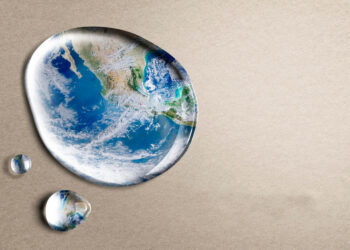Principles for Climate and Nature GovernanceFuture-proof your company against the impacts of climate change, catalyse opportunities for growth and renewal
 From the most critical boardroom challenge to a significant strategic opportunity, climate and nature are no longer peripheral compliance concerns, but strategic levers for growth.
From the most critical boardroom challenge to a significant strategic opportunity, climate and nature are no longer peripheral compliance concerns, but strategic levers for growth.
Through a global network of locally led Chapters, Chapter Zero Alliance equips directors worldwide with the expertise, tools and confidence to lead on climate and nature in the boardroom.
The Alliance supports local Chapters like ours to help directors implement climate strategies that strengthen long-term organisational resilience and competitive advantage, and to advance a climate-resilient, nature-positive economy.
In collaboration with the World Economic Forum, Chapter Zero Alliance has shared the Guiding Principles for Climate & Nature Governance, a practical framework designed to help boards worldwide manage risk with confidence, integrate climate and nature into governance strategy, and identify opportunities for long-term value creation.
Download the PrinciplesThere are four principles underpinned by a set of three foundations to guide you towards effective climate and nature governance that benefits your company’s future. Download the PDFs below to learn about the Principles, how they align with the role of a Board and steps to embed them into your company’s daily operations.
Learn about each Principle in detail and how to apply them in your business
45 min read
Explore questions to ask management and how to help steer board reflection
10 min read











